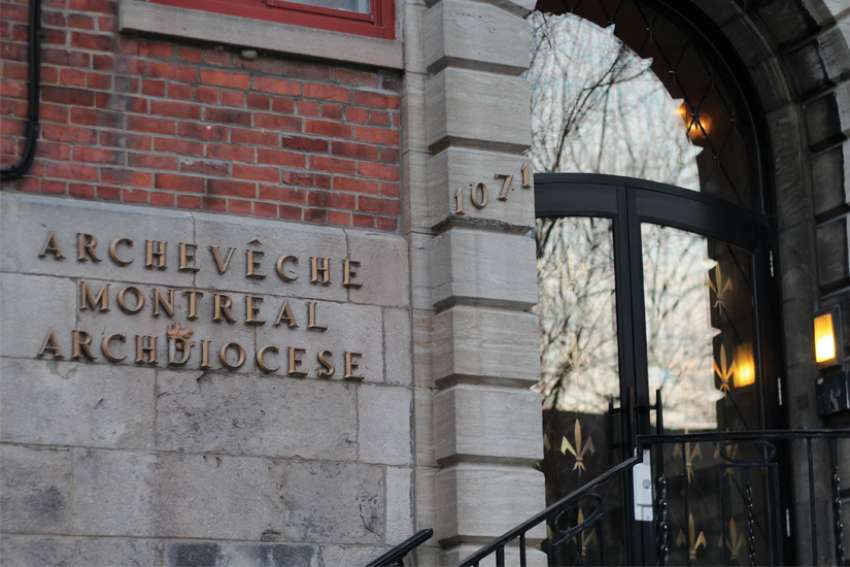Hope asked that she be permitted the pseudonym because almost two years after Boucher began serving an eight-year sentence for sex crimes against young males, she still fears recrimination for speaking out.
Her request for anonymity is of a piece with many others quoted in the report. They, too, for various reasons, asked Superior Court Justice Pepito Capriolo to hide their identities.
Hope, however, wants to raise her voice not to add further evidence against Boucher, or call out those responsible for mishandling his file over two decades. She wants to ask the most pressing question of all: Why should — how can — she remain a devout Catholic when the Capriolo report strips bare the horrendous incompetence and negligence of Church authorities? Even if she remains part of the Church into which she has poured her life, can she credibly evangelize for it knowing what she knows?
“The biggest damage is to my ability to evangelize,” Hope says. “I do question whether the Holy Spirit is really leading the Catholic Church now. I don’t question what Christ did on the cross for me. I still believe the body of (Catholic) teaching. But I question the way the Church looks now. How can I lead people to it as a place to encounter Christ? In that sense, my faith has been damaged.”
Hope was a young undergraduate at McGill, freshly arrived from Ontario, when she encountered Boucher in 2000-2001 at the Newman Centre, a bustling locus of Catholic life perched on the university’s western boundary in downtown Montreal. She was seeking community. She was eager for spiritual direction.
Boucher agreed to the latter. No one told Hope his presence among impressionable young people had sparked strenuous opposition from the centre’s director and board over his behaviour around young men, and his violent outbursts. No one told her Boucher was prohibited from giving spiritual direction.
She found him a compelling preacher, though uncomfortable in her presence during spiritual guidance. His illicit sexual compulsions were kept carefully under the carpet, as they were for another 15 years. She suffered nothing bruising at his hands beyond his abrupt decision to stop providing spiritual direction, which left her confused and hurt.
“To think he’s the person I entrusted my soul to … it’s awful. Was I subjected to manipulation during spiritual direction to lead me to bad decisions? I don’t know. I do know if it had happened to me in the last two weeks, I’d be sick to my stomach.”
Where Hope feels most acute betrayal is by a Church hierarchy that failed to act.
“Why would they put him among vulnerable people in the midst of forming their personalities, who wouldn’t know how to stand up to him if anything happened? He shoved a housekeeper. He had all these (violent incidents) they all knew about, but I never heard about while he was there. I get madder and madder thinking about it. People should have been told.”
At a practical level, Hope is outraged at thousands of archdiocesan dollars being spent on psycho-therapy for Boucher while parishes scrounged for crumbs.
“Maybe let’s invest money in people who want to serve the Church, and don’t have a history of shoving or assaulting people? Maybe someone might have said, ‘If you’re going to be a narcissist, go work it out outside the Church and not at our expense’? No one did. It drives me crazy.”
Ultimately, she accepts human frailty. But, she says, what transpired wasn’t mere human failing. It was denial of the name of Jesus.
Hope says: “If you know yourself as truly a daughter or son of Christ, how can you be faced with someone like Brian Boucher and say ‘my hands are tied’? No. By virtue of the fact of Jesus, your hands are not tied. We’re supposed to preach the truth in and out of season.”
(Stockland is publisher of Convivium.ca and a senior fellow with Cardus.)


